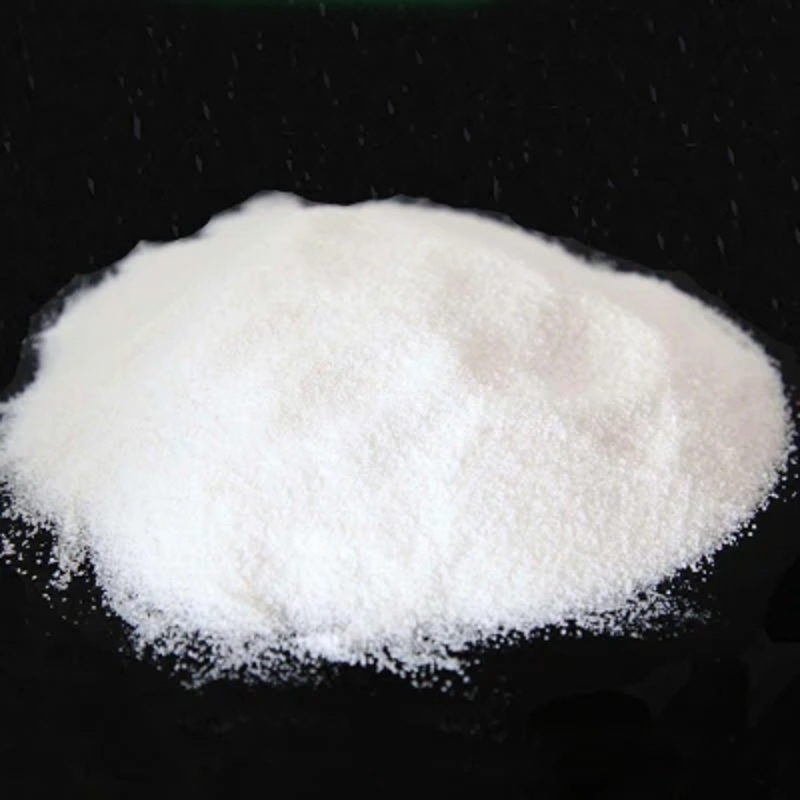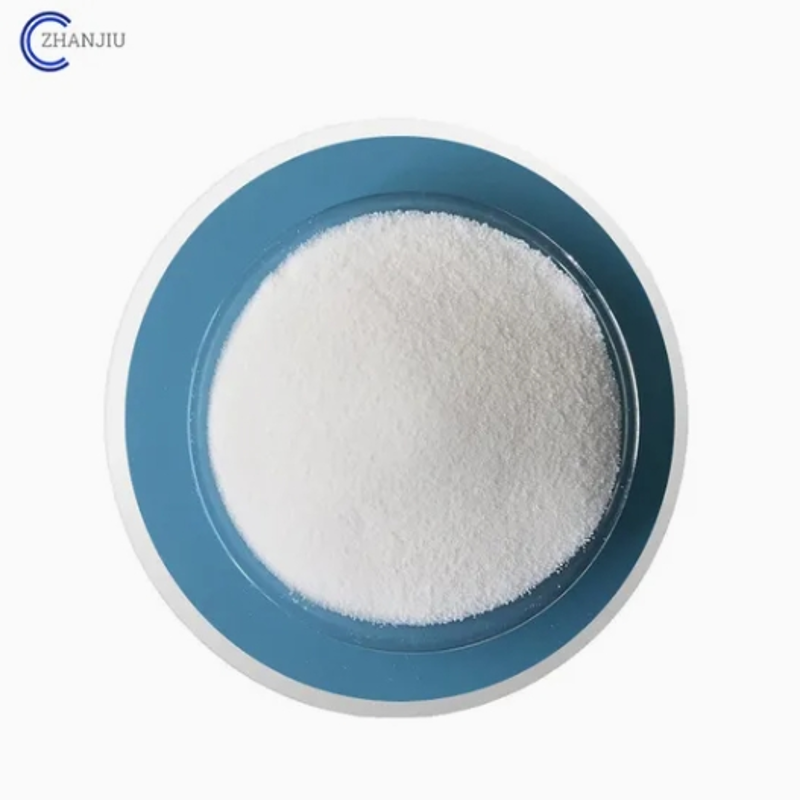-
Categories
-
Pharmaceutical Intermediates
-
Active Pharmaceutical Ingredients
-
Food Additives
- Industrial Coatings
- Agrochemicals
- Dyes and Pigments
- Surfactant
- Flavors and Fragrances
- Chemical Reagents
- Catalyst and Auxiliary
- Natural Products
- Inorganic Chemistry
-
Organic Chemistry
-
Biochemical Engineering
- Analytical Chemistry
-
Cosmetic Ingredient
- Water Treatment Chemical
-
Pharmaceutical Intermediates
Promotion
ECHEMI Mall
Wholesale
Weekly Price
Exhibition
News
-
Trade Service
Original title: Claiming that tea long-term drinking fat-lowering online shop false propaganda was sentenced to three times compensation
Dongguan resident Mr. Deng in an online shop after seeing the web page publicity bought two boxes of tea, after receiving the online shop propaganda falsely misled its purchase, then sued the online shop merchants for return and three times compensation. The Second People's Court of Dongguan City, after hearing that the online shop constituted propaganda fraud, ordered the online shop merchants to return the purchase price and pay three times the purchase price compensation to Mr. Deng.
On October 10, 2015, Mr. Deng, a citizen, saw from the publicity page of a franchise tea shop in an online mall that the tea he sold had "long-term drinking effects such as weight loss, fat reduction, blood pressure reduction, improved immunity of the body" and "strong effects on digestion, blood lipids, dissolved fat, and regulating sugar metabolism", and bought 2 boxes of Hunan Anhua black tea, totalling 3056 yuan.
Mr. Deng received the tea, it was considered ordinary tea, the online shop advertised that tea has a pharmaceutical effect, misled him to buy, has constituted false propaganda and fraud. Mr. Deng asked for the return of the tea and for compensation from the tea company at three times the purchase price.
Deng submitted screenshots of online shopping orders, web promotional screenshots, etc. to the court. Screenshots of the page's publicity show that merchants use words related to disease prevention and treatment functions to promote tea. The tea company denied that it had made a drug-effective publicity about the tea involved in the case.
the trial, Mr. Deng logged into his online mall account and opened the page of the tea he had purchased based on his purchase records, which said, "The item was edited after you ordered it."
court held that the above would confirm that the tea company had modified the pages of the goods after Mr. Deng had purchased the tea. Tea companies should bear the adverse consequences of not being able to give evidence in the absence of proof of the status of the page prior to the amendment. Although the screenshot of the web page submitted by Mr. Deng is a copy, the propaganda page is under the control of the tea company and is easy to modify, and the court adopted the screenshot of the web publicity submitted by Mr. Deng when it can be asceptical that it has been modified, and accordingly found that the tea company had acted in promoting the tea industry's ability to prevent disease and treat.
court held that, according to the Food Safety Law of the People's Republic of China, the contents of food advertisements should be true and lawful, should not contain false content, and should not involve disease prevention and treatment functions. The food production operator is responsible for the authenticity and legality of the content of the food advertisement.
case, the tea company sold the tea to Mr. Deng as food, and its promotional page contained a large number of promotional content about the tea has disease prevention, health care functions. In the absence of confirmation that the product has disease prevention and health care functions, the tea company shall be deemed to be fraudulent in selling the products mentioned above in the advertisement.
In accordance with the Law of the People's Republic of China on the Protection of Consumer Rights and Interests, if an operator commits fraud in the provision of goods or services, he shall, in accordance with the requirements of the consumer, increase the compensation by three times the price of the goods purchased by the consumer or the cost of receiving the services; If otherwise provided by law, it shall be in accordance with its provisions. Therefore, Mr. Deng has the right to return the goods, requiring the tea company to return the purchase price and pay three times the compensation.
court issued a judgment ordering the tea company to refund Mr. Deng 3056 yuan for shopping and pay compensation of 9168 yuan, while Mr. Deng should return the tea to the company. After the judgment of first instance was handed down, neither party appealed. Recently, the judgment has entered into force.
said the case
in-shopping attention to the preservation of evidence
the judge reminded that with the popularity of online shopping, disputes arising from online shopping is not uncommon. The judge recommended that consumers should carefully check the product information when shopping online, and not be easily misled by the advertising of merchants. Consumers should pay attention to retain relevant evidence when buying online, in case of disputes can be legitimately through the protection of rights. (Xie Ying)







